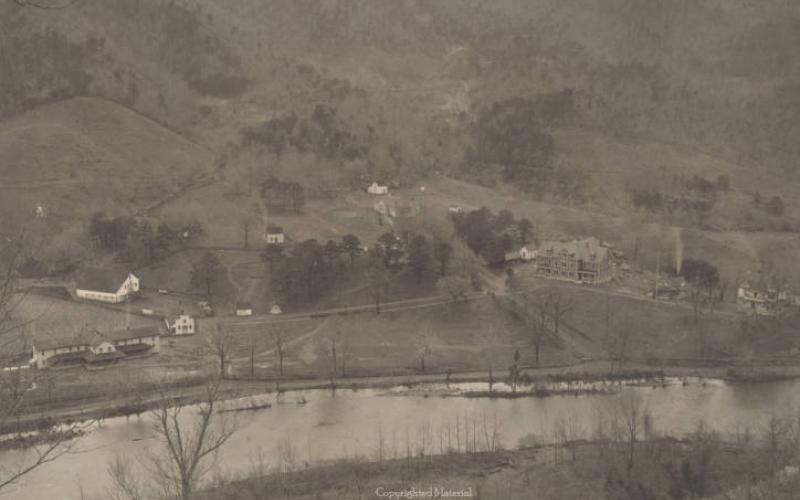Jessica Webb
editor@thesmokymountaintimes.com
Founded in Canada, Orange Shirt Day, which fell on Thursday, Sept. 30 this year, is a day of commemoration for Indigenous children who were forced to attend residential boarding schools.
Eastern Band of Cherokee Indians Principal Chief Richard Sneed released the following statement in regard to the commemoration:
“Orange Shirt Day is a day to remember and honor the Native American and First Nation children that were forcibly taken from their families to become “civilized” in residential boarding schools throughout North America. The Eastern Band of Cherokee Indians is proud to join this commemoration.
“The discovery of over 1,000 children buried in unmarked graves in Canada raises troubling questions about the fate of the thousands of other Native American children who participated in this brow-raising program here in the United States. Meaningful action is required to ensure their voices and stories are documented, found, and heard.
“We are grateful for the Department of Interior, which has promised to comprehensively review the operational practices of every Native American residential school. We are confident that Secretary Deb Haaland will do everything she can to uncover the truth. No stone should be left unturned in the quest for answers.
“We urge all Americans to take a moment to reflect on the tragedies of the past. Only by recognizing and remembering the events of the past can we ensure a better future for everyone.”
Why orange? The nonprofit was founded by residential school survivor Phyllis Webstad, whose favorite orange shirt was taken away on her first day of school. To learn more or donate, visit orangeshirtday.org.
According to the nonprofit, the goal is for reconciliation, education and spread a message of Every Child Matters.
This year, Canada is recognizing the day as the inaugural National Day for Truth and Reconciliation. The country also has a plan of compensation to First Nation children who were discriminated against in the state welfare system.
Children growing up in Cherokee, North Carolina were among those of native populations taken from their homes to attend these boarding schools. Such a school operated on the Qualla Boundary from 1880-1954. At first open as a day and boarding school by Quakers, the federal government took over in 1896.
One 2001 Tennessee State University study by Larry Richard Patlis Patterson, whose work is based on the oral histories of 16 EBCI elders who attended the school at various points form 1917-1950, finds that while treatment was harsh at the school, the elders said overall the experience wasn’t a terrible one.
On the other hand, the boarding school is guilty of having suppressed the use of Cherokee language and keeping the children away from home and away from their cultural heritage— with lasting negative impacts and generational trauma.
Such schools were a federal effort to assimilate Native American children and are considered today as an effort at cultural genocide, according to Kids Matter Inc. Discipline was often severe at the schools and many had cemeteries on site because many children died at such schools.

